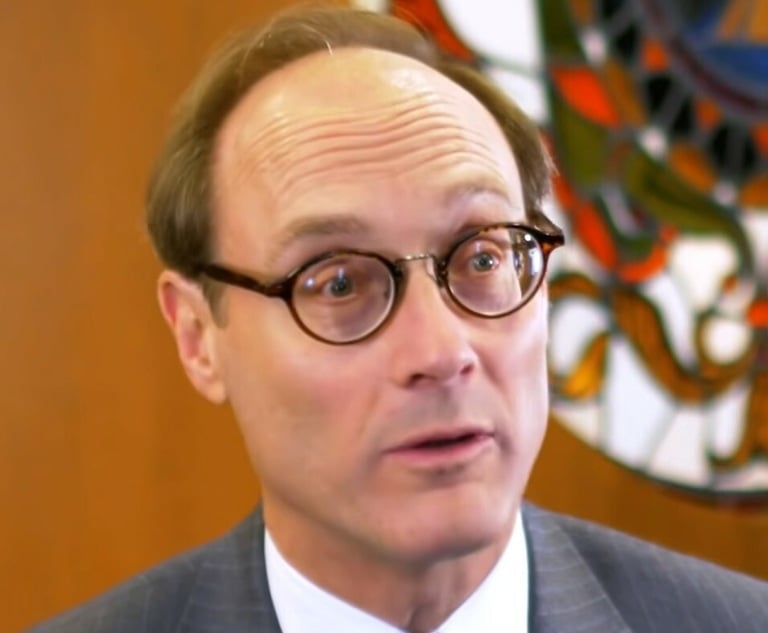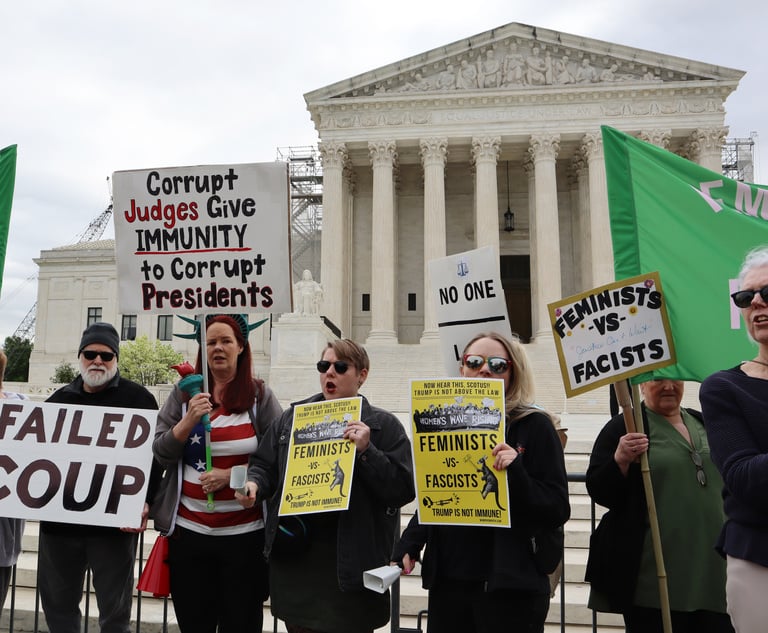It is a familiar refrain. The government alleges insider trading on a securities fraud theory, charging violations of §10(b) and Rule 10b-5 under the Securities and Exchange Act of 1934 (the Exchange Act). The elements of securities fraud are notoriously complex, and have been made even more complex by recent appellate decisions. The government must prove, among other things, that the information disclosed by the tipper was material and non-public, that the tipper had a duty to maintain the confidentiality of the information and breached that duty, that the tipper received some personal benefit from the tippee, and that the tippee knew there was a breach. These are challenging requirements, especially in criminal cases where the government must prove each element beyond a reasonable doubt.
There are other legal theories that are far less complex. In two recent criminal cases involving insider trading based on non-public information from government agencies, prosecutors in the Southern District of New York have resurrected an old statute for a new purpose. That statute, 18 U.S.C. §641, makes it unlawful to embezzle, steal, or convert property of the federal government. The government need only prove that the defendant knowingly stole or converted a “thing of value” belonging to the federal government, or that the defendant knowingly received a stolen or converted “thing of value” with the intent to convert it to his or her gain. The government has already won convictions under §641 in insider trading cases in which it struggled to prove traditional securities fraud.


 Shutterstock
Shutterstock




